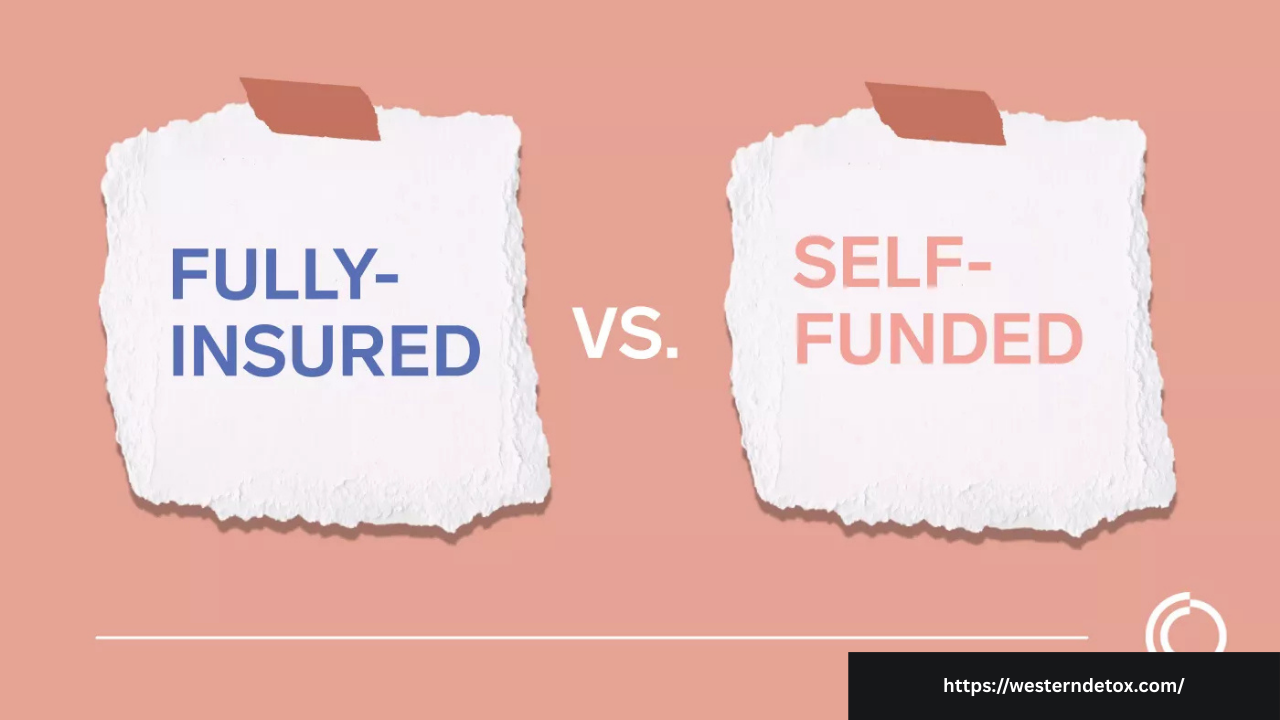
Choosing the right detox program is a vital step in beginning a successful recovery journey. With a range of options available across Western Canada, including British Columbia, Alberta, Saskatchewan, and Manitoba, individuals and families may feel overwhelmed when trying to determine the best fit. Each detox program offers different levels of care, treatment philosophies, and services, so understanding what to look for is key to making an informed decision.
1. Assess the Level of Medical Support Needed
The first factor to consider is the severity of the addiction and whether medical supervision is required.
- Medical Detox Programs provide 24/7 care for individuals at risk of severe withdrawal symptoms. This is essential for substances like alcohol, benzodiazepines, or opioids.
- Social Detox Programs are suitable for those with mild to moderate withdrawal symptoms. These offer a supportive environment but minimal medical intervention.
Speak with a healthcare provider or addiction specialist to determine the safest option for your specific needs.
2. Consider Public vs. Private Programs
Western Canada offers both government-funded and private detox centers.
- Government-Funded Programs are often more affordable or free, making them accessible for many individuals. However, they may have longer wait times and fewer personalized services.
- Private Detox Centers typically offer shorter wait times, individualized care, and enhanced amenities, but they come at a higher cost. Some private insurance plans may cover part of the cost.
Understanding your budget and insurance coverage can help narrow down the best choices.
3. Look for Specialized or Culturally Inclusive Programs
Some detox centers in Western Canada offer specialized services to cater to unique populations:
- Indigenous-Focused Programs, such as Sunrise Healing Lodge in Alberta or Eagle Women’s Lodge in Manitoba, integrate traditional healing practices with modern detox care.
- Gender-Specific Programs or faith-based services may be important for those seeking a culturally or spiritually aligned recovery path.
Choose a program that respects your identity, beliefs, and cultural background.
4. Check for Continuum of Care and Referrals
Detox is just the beginning of the recovery process. A good detox center will help clients transition to long-term rehab or outpatient programs. Ask whether the facility provides:
- Referrals to rehabilitation programs
- Aftercare planning and support groups
- Family counseling or therapy services
This ensures continuity of care and reduces the risk of relapse.
5. Evaluate Accessibility and Location
Proximity to home can be both an advantage and a challenge. Being close may make family support more accessible, while being farther away can provide a fresh start and limit exposure to triggers. Some people benefit from attending detox outside their hometown for increased privacy and focus.
Conclusion
Choosing the right detox program in Western Canada requires careful consideration of your medical needs, personal preferences, financial situation, and long-term goals. Whether you opt for a government-funded center or a private facility, the most important step is reaching out for help. With the right support, you or your loved one can take that crucial first step toward a healthier, addiction-free life.

